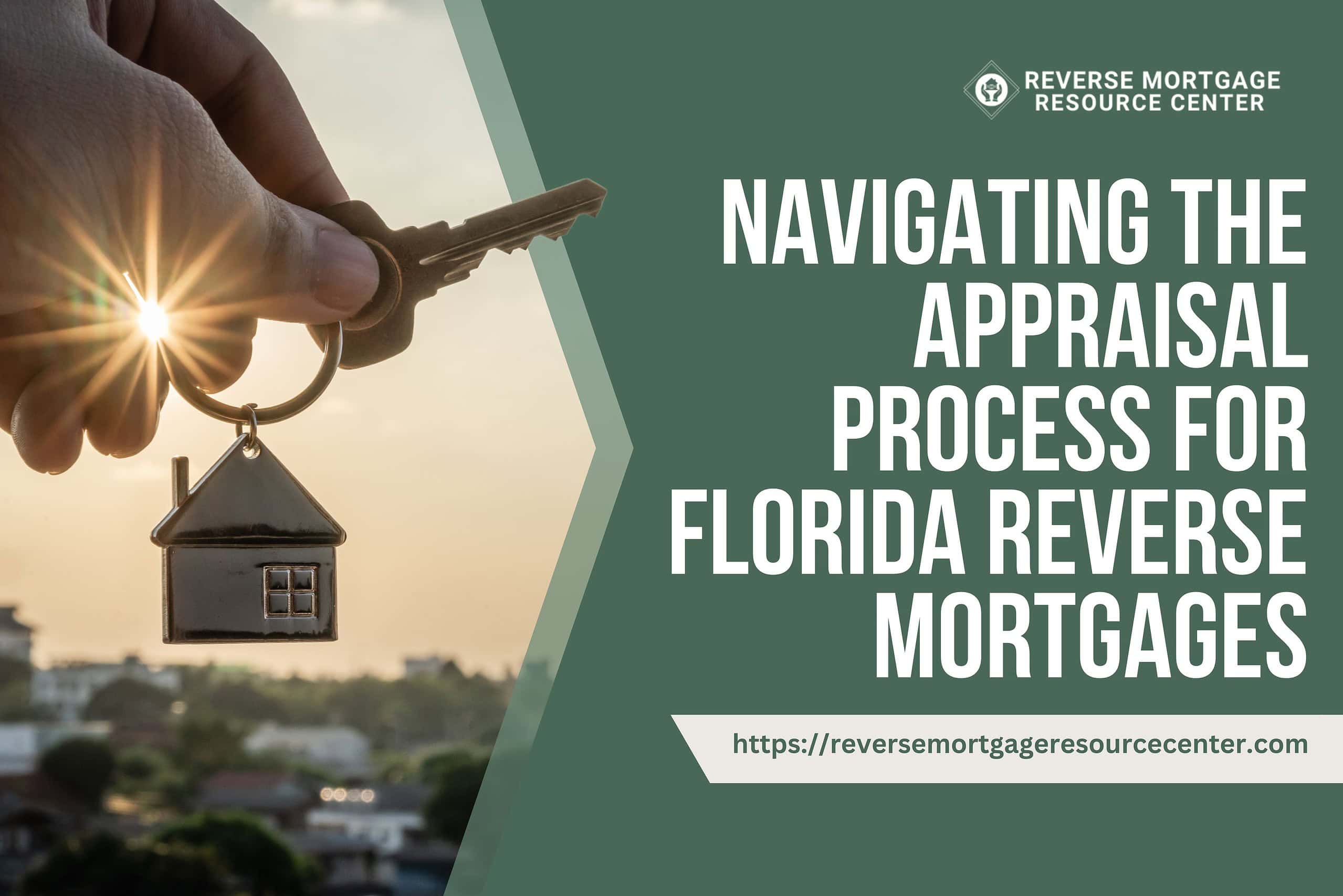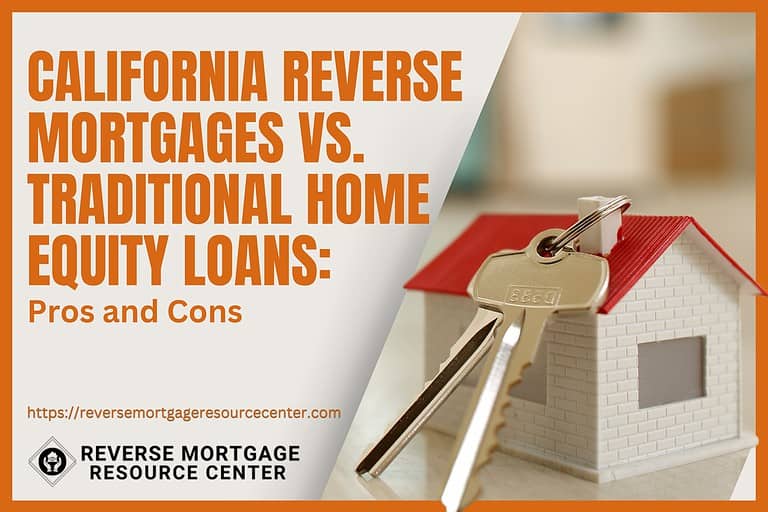Navigating the Appraisal Process for Florida Reverse Mortgages
Reverse mortgages have become a financial tool for seniors who want to access home equity without making monthly mortgage payments. These one-of-a-kind financial products enable homeowners to turn a portion of their home equity into income tax-free funds. Reverse mortgages are especially common in Florida, where retirees comprise a sizable population. However, you must go through the assessment procedure before you can get a reverse mortgage. This article will walk you through the appraisal process for Florida reverse mortgages, explaining the necessity of it and the processes involved.
Understanding Reverse Mortgages
Before beginning the appraisal process, it’s critical to understand what a reverse mortgage includes. Reverse mortgages allow homeowners aged 62 and up to borrow against the equity in their homes. Unlike a regular mortgage, the borrower is not compelled to make monthly payments. The loan is instead returned when the homeowner moves out, sells the home, or passes away. In Florida, the most common types of reverse mortgages are the Home Equity Conversion Mortgage (HECM) and proprietary reverse mortgages issued by private lenders.
The Role of Appraisals in Reverse Mortgages
Because it assesses the value of your house, an appraisal is a necessary step in the reverse mortgage process. This assessment is important in establishing how much you can borrow. The greater the appraised value of your home, the more funds you may access through your reverse mortgage. Licensed specialists conduct appraisals to determine your property’s condition and market value.
Why Appraisals Matter
Loan Eligibility: Why Are Appraisals Important? To qualify for a reverse mortgage in Florida, your house must meet certain criteria, including a minimum appraised value. If your house does not fulfill these requirements, you may be unable to obtain a reverse mortgage.
Loan Amount: The appraised value of your house directly impacts the maximum loan amount you are eligible for. A greater appraised value translates to a more considerable potential loan amount, which can be critical for your financial needs.
Interest Rates: The appraised value influences the interest rate on your reverse mortgage. A higher assessment may result in a lower interest rate, potentially saving you money throughout the loan’s term.
The Appraisal Process
Now that you understand the need for appraisals, let’s go over the procedures involved in the appraisal process for Florida reverse mortgages.
1. Choose a Licensed Appraiser
Typically, your lender will hire a licensed appraiser to analyze your home. Ensure the appraiser is approved by the Federal Housing Administration (FHA), especially if you want to get a HECM reverse mortgage.
2. Property Inspection
The appraiser will come to your home and perform a thorough assessment. They will evaluate different factors such as the property’s condition, size, number of bedrooms and bathrooms, recent upgrades, and overall marketability.
3. Analysis of Comparable Homes
The appraiser will compare your property to recently sold comparable properties in your region. This comparison aids in determining your home’s market value. The idea is to identify homes as similar to yours as possible regarding size, condition, and location.
4. Valuation Report
When the appraiser has finished their evaluation, they will create a valuation report that includes their conclusions, the appraised value of your home, and the basis for their estimates.
5. Review and Appeal
You are entitled to a copy of the assessment report. If you believe there are mistakes or inconsistencies, you can communicate with your lender to resolve your issues. However, remember that there is no certainty that the assessment value will change.
Preparing Your Home for Appraisal
To get a good assessment for your reverse mortgage, you must carefully prepare your home. Here are some pointers:
1. Clean and Declutter
A well-kept and well-organized home might make a favorable impression on the appraiser. Clear out any clutter and make sure your home is in good condition.
2. Address Repairs
Repair any visible flaws, such as leaking faucets, peeling paint, or damaged fixtures. A well-kept home is more likely to command a higher price.
3. Showcase Upgrades
Make sure the appraiser is aware of any substantial upgrades or renovations you’ve made. These upgrades can increase the appraised value of your home.
4. Provide Documentation
Make any documentation about recent modifications or repairs available to the appraiser, such as invoices or permits.
Challenges in Florida Appraisals
When it comes to reverse mortgage appraisals, Florida presents some unique obstacles. The housing market in the state is diverse, with properties located in coastal, urban, and rural areas. Because of the possibility of hurricanes and flooding, coastal areas might be especially difficult. These considerations may impact the appraiser’s assessment of your property.
Furthermore, because of the state’s significant senior population, many homes are older, which can lead to various issues. Because of these difficulties, it is critical to select an appraiser who has prior expertise in the Florida market and is familiar with the subtleties of the state’s real estate.
REVERSE MORTGAGE RESOURCE CENTER ~LIVE LIFE ON YOUR TERMS~
Our Lending Team has been serving our clients since 2004. We are passionate about serving our clients with integrity to help them achieve their financial goals.







